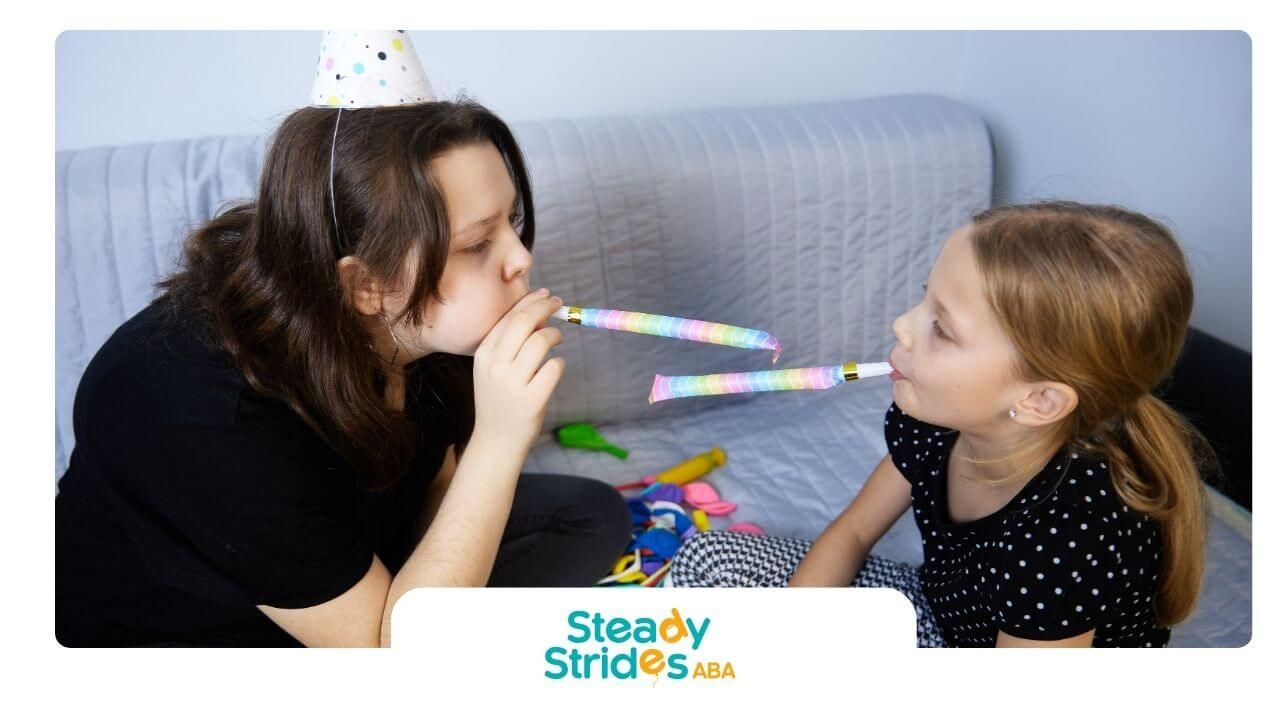ABA stands for Applied Behavior Analysis, which is a scientific approach focused on understanding and improving behaviors, especially for individuals with autism and developmental disorders. ABA therapy uses evidence-based techniques to teach new skills, reduce challenging behaviors, and support independence.
BCBA stands for Board Certified Behavior Analyst. A BCBA is a highly trained professional who has earned a master’s degree or higher, completed supervised fieldwork, and passed a rigorous certification exam. The main difference between ABA and BCBA is that ABA is the therapy or method, while a BCBA is the credentialed expert who designs, supervises, and customizes ABA programs for each client.
In practice, BCBAs conduct assessments, create individualized treatment plans, analyze data, and supervise other team members who deliver ABA therapy, such as Registered Behavior Technicians (RBTs). ABA is the science and set of techniques; BCBA is the specialist who leads and ensures quality in ABA services.
To learn how a BCBA can guide your child’s ABA journey,
call Steady Strides ABA—let’s build a plan that fits your family’s needs and goals.
Frequently Asked Questions (FAQs)
Do BCBAs diagnose autism?
No, BCBAs do not diagnose autism. Diagnoses are made by medical doctors or licensed psychologists.
What is the difference between a BCBA and an autism specialist?
A BCBA specializes in behavior analysis and ABA therapy, while an autism specialist may have broader expertise in autism assessment, education, or support.
Do BCBAs only work with autism?
No, BCBAs work with individuals with various behavioral, developmental, and mental health needs—not just autism.













